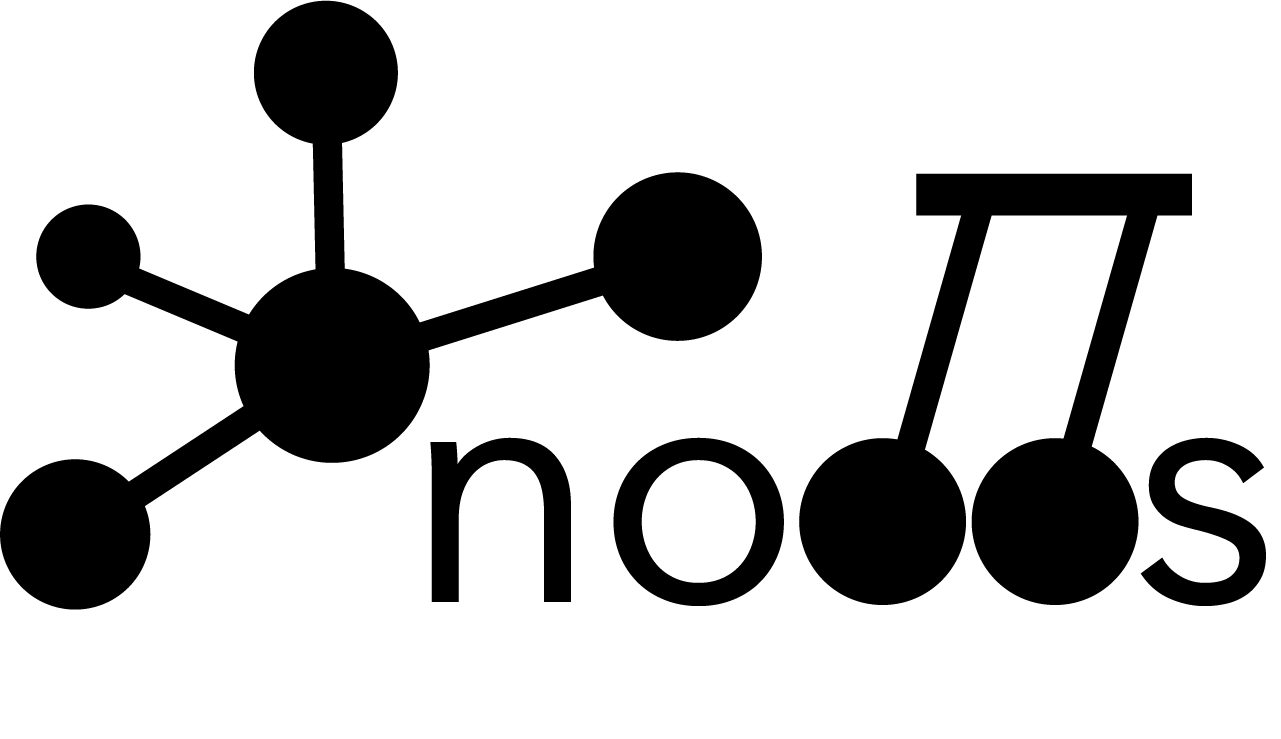WHO WE ARE?
NODDS Lab's main goal lies around theoretical and computational aspects of complex systems, mainly focusing on dynamics on complex networks and time series analysis by using tools from the fields of dynamical systems, statistical and computational physics, big data analysis and machine learning.
Our research interest is broad and multidisciplinary, including Neuroscience, Climate Science and Powergrids.
We are always looking for extraordinary students in any level (BSc, MSc and PhD) and postdoctoral researchers. Please approach us with any inquiries by sending an e-mail to [email protected]
Main Themes in NODDS' research
Today’s world is more connected than ever. The different levels of social and economic activities become increasingly interdependent due to advances in technology, increasing trade and mobility of people. The key pressures on the planet arise from increased human population and over consumption in climate change, inability of resources and their non-linear interactions. Often these real-world systems are observed in complex networks such as power grids, epidemics, communication networks, climate networks etc.Our research focusses on networks of interacting elements. The interaction between nodes are rather important for the collective behavior of coupled systems. For instance, stability of power grids, effective quarantine to stop disasters (disconnecting correct links), understanding climate networks helps to predict upcoming weather catastrophes.
Dynamical networks are important models for the behavior of complex systems, modeling physical, biological and societal systems, including the brain, food webs, epidemic disease inpopulations, power grids and many other. Such dynamical networks can exhibit behavior inwhich deterministic chaos, exhibiting unpredictability and disorder, coexists with synchronization,a classical paradigm of order. We are deeply interested in the main theory behindcollective behavior phenomena in complex networks.
Technology is very well improved to bring high quality data in brain or climate dynamics. However, it was not possible to infer underlaying microscopic components such as isolated dynamics, network structure or coupling functions yet. We aim to blend our expertise on dynamical systems and methodological improvements in data analysis to uncover these elements.
